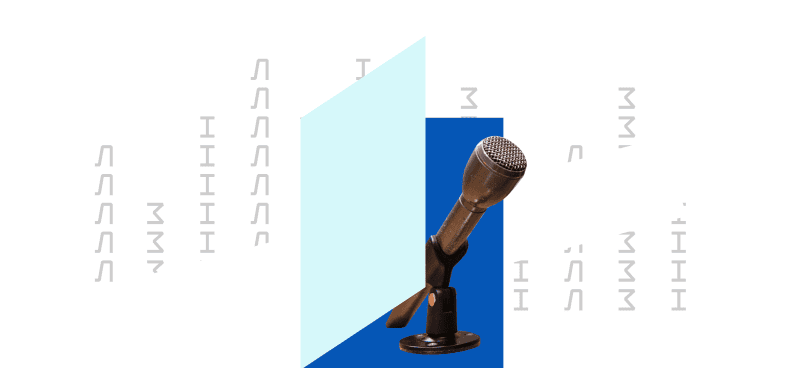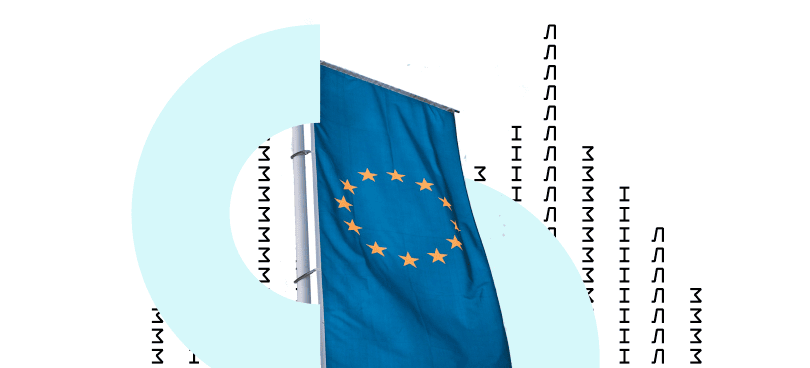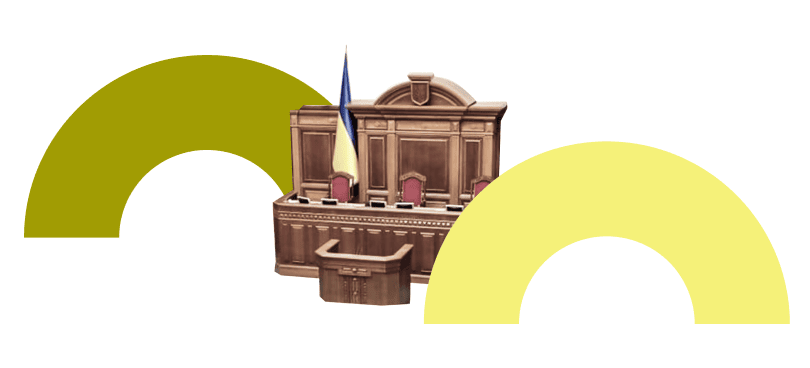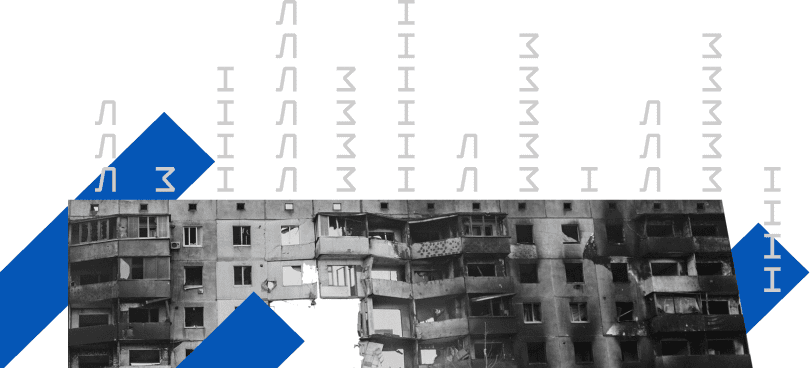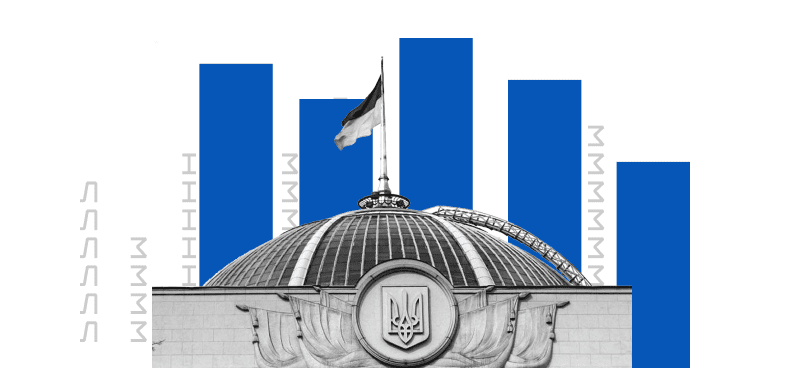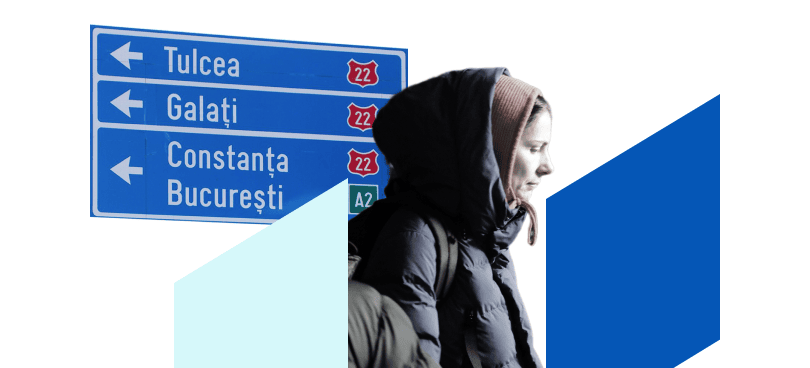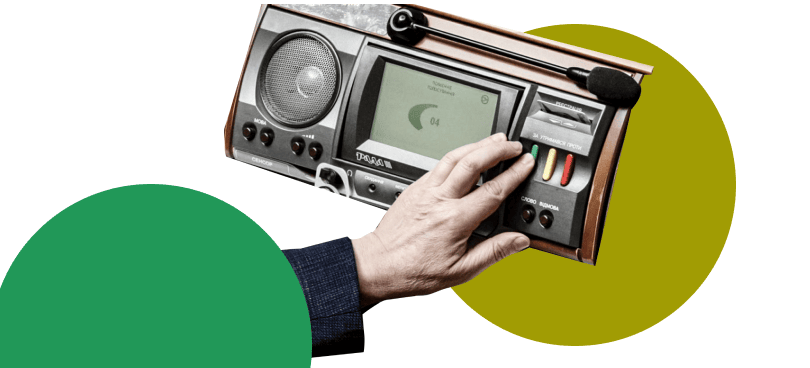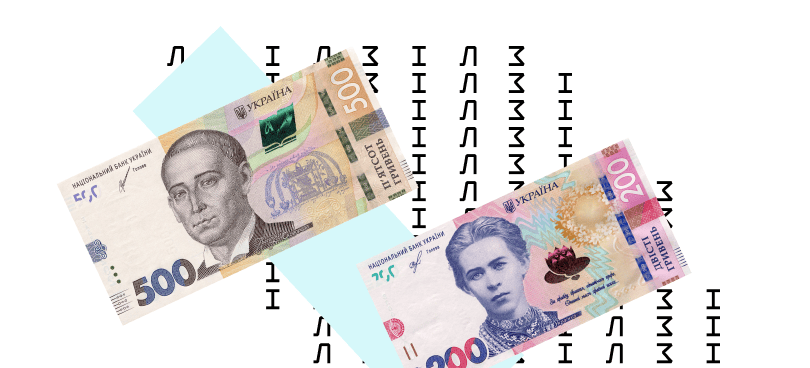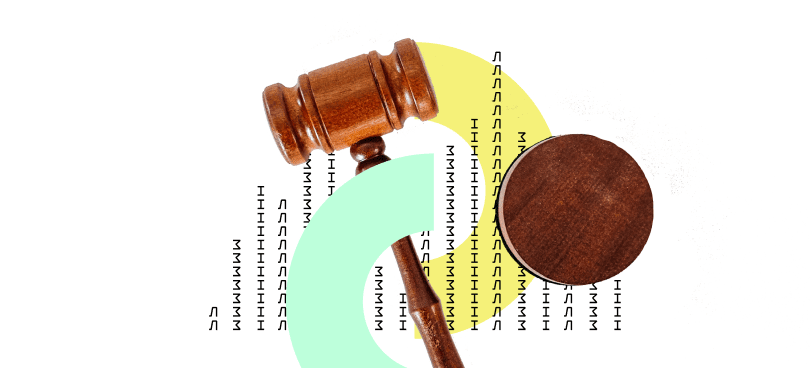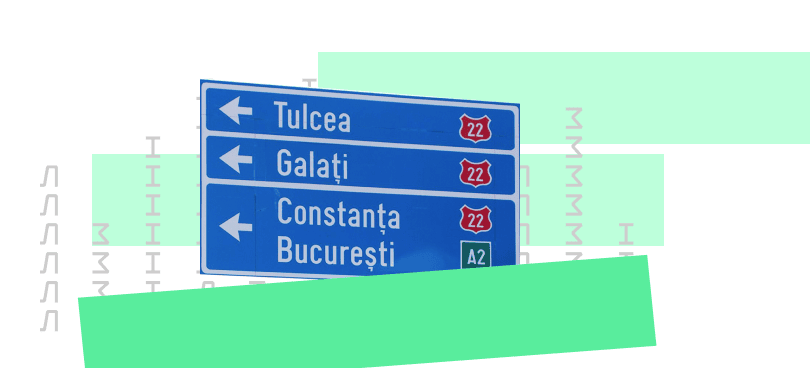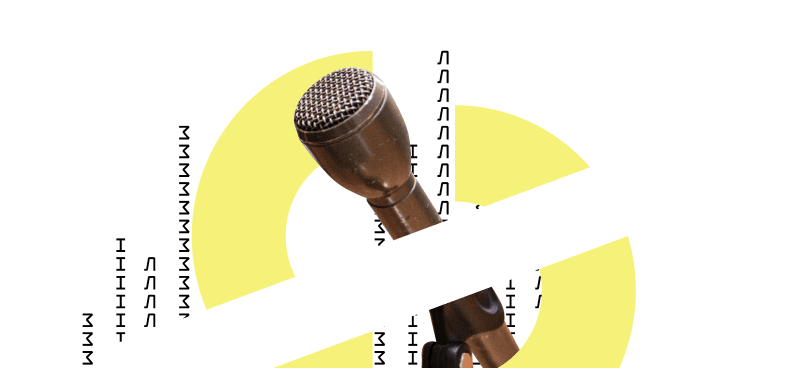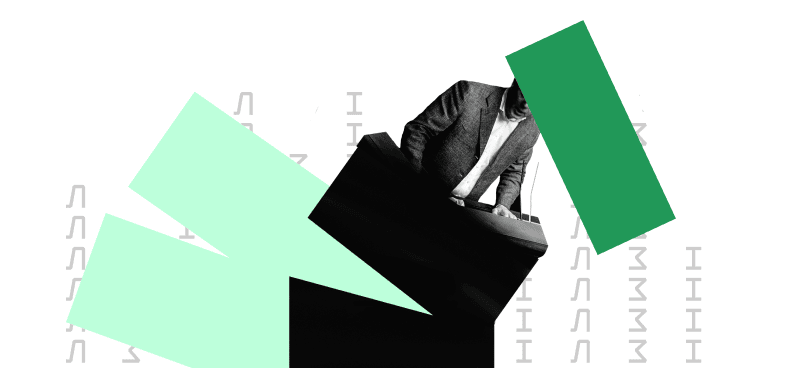The text was prepared for Ukrainska Pravda
The state should take care of veterans, or veterans will take care of the state (not in the good sense of this expression) – this and similar thoughts are often heard during discussions of the future of veteran policy.
According to modest estimates, veterans and their family members will make up at least 10% of the population of Ukraine. But is Ukraine ready to face millions of veterans who will return from the front?
The basic law of veteran policy is the Law “On the Status of War Veterans, Guarantees of Their Social Protection”. It is this law that defines who are veterans and what benefits they receive.
This is a 1993 law, and it generally focuses on veterans of Soviet-era wars. Of course, this approach is outdated for modern conditions and needs to be reviewed and updated.
To understand to what extent the 1993 law does not correspond to modern realities, let us give two examples.
Who is considered a veteran by law?
According to the law, veterans are participants of various wars and military operations, among which there are many non-obvious, at first glance, groups of people.
Thus, partisans and guerrillas of the Civil (1917-1921) and Second World Wars are considered veterans. A separate question is: who are the partisans and guerrillas of the civil war – Red Army soldiers or soldiers of the Ukrainian People’s Republic?
Participants of military operations of the USSR abroad are also veterans by law. The Cabinet resolution of 1994, which lists such operations, is valid and very interesting. There are a total of 47 military operations of the USSR since 1924. Among them are the civil wars in Spain (1936-1939) and China (1924-1949, with interruptions), the Korean War (1950-1953), the suppression of the Hungarian revolution (1956) and of the Prague Spring (1968), etc. Soviet soldiers who took part in these combat operations are considered veterans who have the right to receive benefits in Ukraine.
According to the law, veterans are the Ukrainian Insurgent Army and NKVD soldiers who fought against the Ukrainian Insurgent Army. Those who fought for the independence of Ukraine and those who fought against it. In the language of the law, it is called “liquidation of subversive-terrorist groups, banditry in 1944-1951 on the territory of Ukraine, Belarus, Latvia, Lithuania, Estonia.”
Benefits: what and to whom?
And what do veterans of all these wars (as well as veterans of the modern Russian-Ukrainian war) get? They receive benefits – benefits that were prescribed 30 years ago.
The list of these benefits includes, among other things, a discount on the installation of a home phone or the right to provision of food products of an improved assortment. Let’s remember that there was a shortage of goods in the USSR, so next to ordinary stores, where there was almost nothing, there were stores of an improved assortment.
Why are these parts of the legislation still unchanged after general decommunization, revision of historical, symbolic and humanitarian policies? Because the law has not been changed.
Why has the law not been changed? It is quite possible that the reason lies in inattention or incomplete processing, but there are also deeper reasons for this at the constitutional level.
Constitutional Court of Ukraine vs reforms
While policy changes for veterans are important, they are not easy to achieve. In its practice, the Constitutional Court has repeatedly issued judgments (judgments of 2004, 2004, 2002, 1999) in favor of preserving the current model. For example, the judgment in the case regarding the social protection of veterans in 2018.
In the same year, a law was declared unconstitutional, according to which a veteran should not receive statutory benefits if the income of the veteran and their family exceeds a certain level. Benefits, in this case, are free medicines, a discount on utility services or other less popular benefits.
The Constitutional Court decided that “restriction or cancellation of such benefits and other guarantees of social protection is possible only in case of introduction of equivalent or more favorable conditions of social protection”, and “the provision of benefits (…) should not be conditioned by the lack of financial capabilities of the state”.
In other words, benefits and other social guarantees can only be increased but not reduced in any way. And the provision of these benefits and social guarantees must be fulfilled, regardless of whether the state has money for this or not. If the state does not have the money for this, does not fulfill the relevant social obligations, then the current government violates the Constitution in terms of protecting the rights of citizens.
The debate about how justified and fair this approach is, or to what extent this position is a Soviet legacy and a manifestation of state paternalism, has been smoldering without much result and excessive public attention for already a long time. However, there are specific and quite negative consequences of such a position, when unscrupulous politicians make advances to citizens with the prospect of increasing social guarantees.
To put it simply, any populist majority in the Verkhovna Rada can add new and new benefits, which are not justified financially in any way, in order to receive short-term electoral dividends. But it is impossible to cancel these benefits.
Even a deep reform with the introduction of equivalent conditions of social protection is risky because, at an appropriate moment, the Constitutional Court of Ukraine may be asked whether these conditions are equivalent or whether they are a limitation/cancellation of social protection. And the Constitutional Court can then cancel such reform. And this is a big challenge for any attempts to reform the state policy regarding veterans.
For example, targeted social support, where a veteran receives assistance according to his needs, is not possible in such conditions. It is also impossible to review the list of old benefits or deprive the veterans of the NKVD of benefits. But veteran policy is not only about veterans of the NKVD.
According to some estimates, there will be about 5 million veterans and their family members in Ukraine. It means that the veteran policy will concern every seventh citizen of Ukraine. The 1993 legislation will need to be reformed. It was created for pensioners who went through the Second World War, and now the vast majority of veterans and their family members will be people of working age.
Finding legal ways to resolve this situation is an urgent task for Ukraine. Another urgent task is a public debate about what veterans’ policy should and should not consist of. However, talking about it is not enough. It is necessary to already make changes to already start forming a new policy. After all, the longer we drag out this process, the harder it will be for us to integrate the veterans when they return home.
The text was prepared with the financial support of Sweden.

